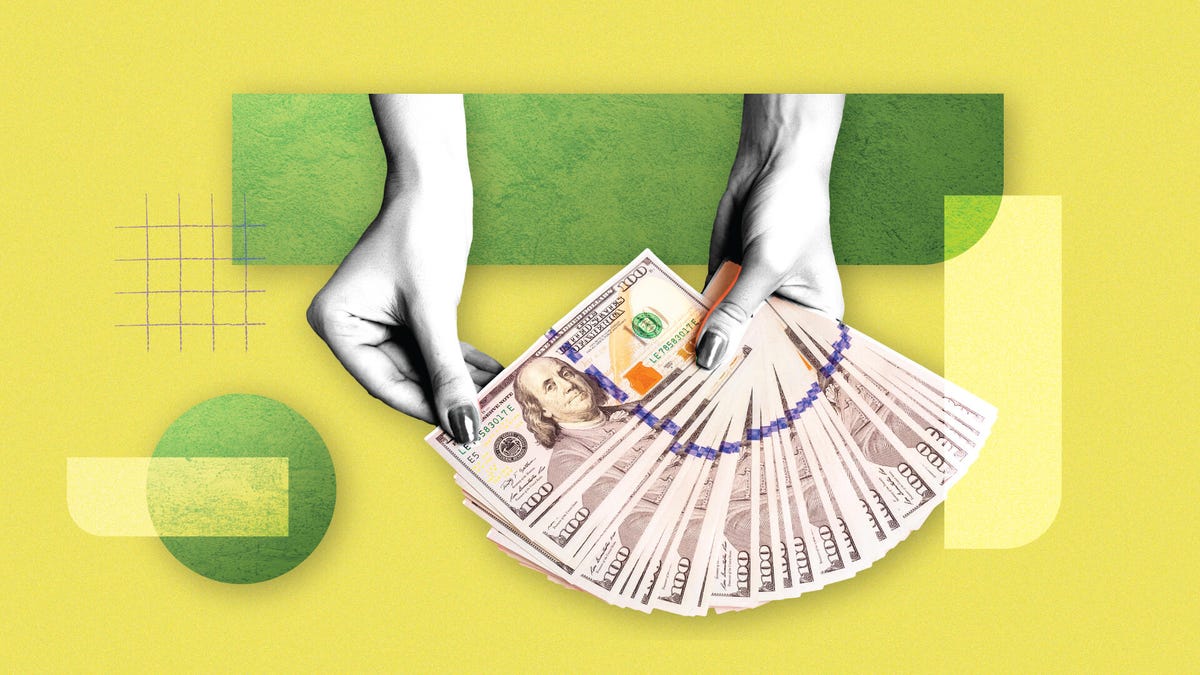Tax time can be stressful and confusing, especially if you made money last year from a side hustle or gig work. Self-employment taxes are a key consideration for individuals who earn income outside of traditional employment. Understanding how self-employment taxes work, how they are calculated, and what expenses can be deducted is essential for navigating tax season successfully.
Self-employment taxes consist of Social Security and Medicare taxes that individuals must pay on their self-employed income. Unlike traditional employees who have these taxes withheld from their paychecks, self-employed individuals are responsible for paying both the employer and employee portions of these taxes. This can come as a surprise to those who are new to freelancing or gig work.
Calculating self-employment taxes involves taking your net self-employment income (income minus deductible expenses) and multiplying it by 92.35% before applying the FICA tax rate of 15.3%. Deductible expenses can include equipment purchases, marketing expenses, mileage, and home office expenses. Keeping track of these expenses throughout the year can help reduce your tax liability.
It’s important to claim expenses within reason and avoid trying to deduct personal expenses as business expenses. The IRS requires expenses to be directly related to your self-employment activities in order to be deductible. Keeping detailed records and using tools like Schedule C can help you accurately report your income and expenses.
There are also limits on how much Social Security tax you owe, with a cap on income subject to this tax. Medicare tax rates may increase for high earners, but most individuals will pay the standard rate of 2.9%. Making quarterly tax payments may be necessary if you expect to owe more than $1,000 in taxes for the year.
By understanding self-employment taxes, tracking expenses, and staying organized throughout the year, you can better manage your tax obligations and keep more of the money you earn. Educating yourself on tax laws and best practices for self-employed individuals can help you navigate tax season with confidence and ease.




:max_bytes(150000):strip_icc()/GettyImages-1793440729-6fe29c718caa48f1a49153817ff83710.jpg?ssl=1)













